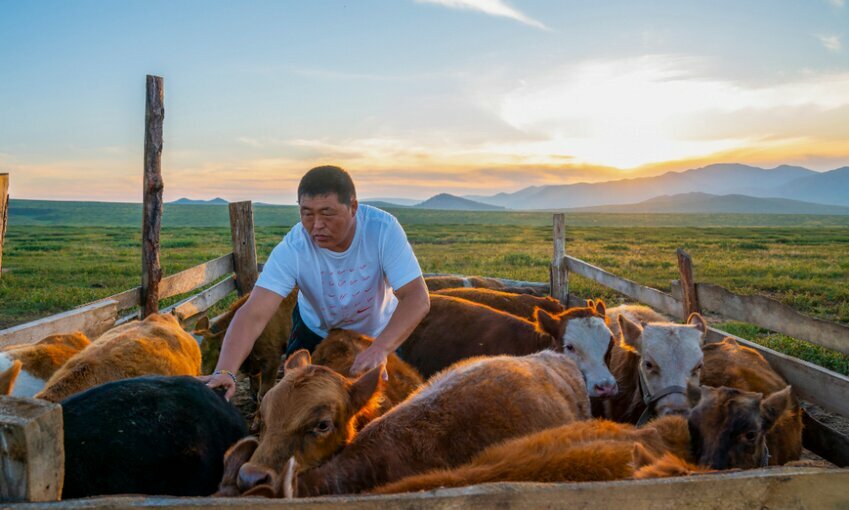 (Credit: Canva)
(Credit: Canva)A new initiative by the United Nations' International Fund for Agricultural Development (IFAD) will help developing countries lower their methane emissions from agricultural and small-scale farming practices.
The program will create a guidebook that will help countries integrate mainstream methane reduction into their budgeting, planning, and public investment procedures. This guidebook will also aid multiple bankable interventions that launch methane reduction in the agricultural sector and food systems, with a goal of emission reductions in the countries’ Nationally Determined Contribution (NDC).
Technical assistance will be provided to 15 countries to support the integration of methane reduction in their updated NDCs, which will be submitted to the United Nations Framework Convention on Climate Change in 2025. IFAD will also assist these countries in designing projects and blended finance solutions to reduce methane emissions in their agricultural and food systems.
This funding will help achieve the goals of the Global Methane Pledge, said Rick Duke, the U.S. Deputy Special Envoy for Climate. It will allow farmers to reduce emissions while also making a profit.
Juan Carlos Mendoza, director of the Environment, Climate, Gender, and Social Inclusion Division at IFAD, said in a press release that reducing methane emissions does not have to result in less production. Many agricultural practices can lead to emission reductions and increased production and incomes for farmers.
IFAD will highlight multiple advantages of a variety of processes to reduce methane emissions, an example being an approach that introduces better feed but also promotes animal health and husbandry. In 2020 Burger King did this by testing a new diet for cows, which initial studies found reduced up to 33% of the cows’ daily methane emissions during the end of their lives. Techniques that use less water to grow rice, or using different varieties that reduce the time between planting and harvesting, can result in increased rice production while also lowering emissions.
“This is essential as many farmers live in poverty or are on the brink and many countries need to increase domestic production for local consumption,” said Mendoza.
According to the International Energy Agency’s 2020 methane emission tracker, the largest source of anthropogenic methane emissions is agriculture, which is responsible for around a quarter of total emissions. Methane has a shorter atmospheric life than carbon dioxide but is much more potent, absorbing more energy while in the atmosphere.
The plan for the initiative was announced at the AIM for Climate Summit and will receive $4 million – $3 million from the Global Methane Hub and $1 million from the U.S. State Department.
IFAD and the State Department also launched a Global Methane Pledge partnership last November to help small-scale farmers in developing countries better adapt to climate change and further decrease their methane emissions. The partnership will prioritize methane mitigation in upcoming IFAD projects, which are valued at an estimated $500 million.
Methane emissions from global energy are also being targeted, with a recent vote from the European Union’s Parliament to increase regulations on methane emissions in the energy sector. Reducing methane emissions on a large scale is key to keeping global warming below 1.5 degrees Celsius.